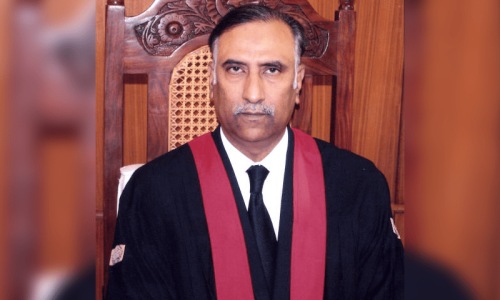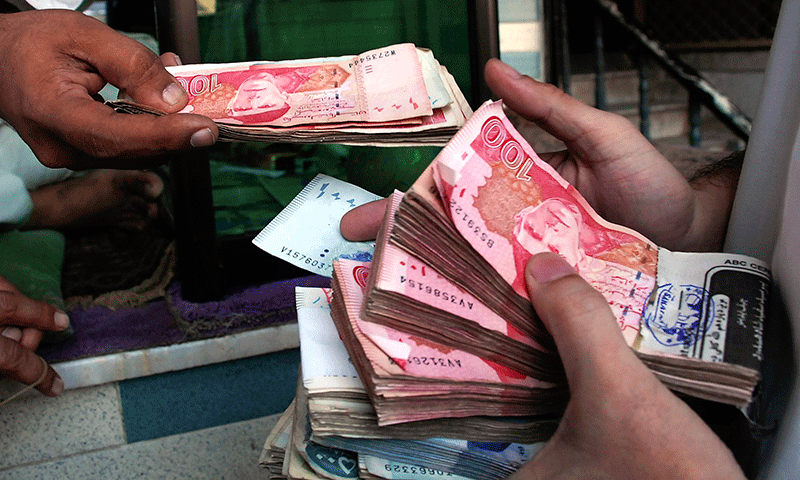Myanmar's civilian leader Aung San Suu Kyi appeared on Tuesday at the International Court of Justice to defend her country against claims it committed genocide against Rohingya Muslims.
Here are some key questions about how the UN's top court, which was set up in 1946 to arbitrate disputes between countries, deals with the issue:
What is genocide?
“Genocide” was used for the first time within a legal framework at the Nuremberg trials of Nazi officials after World War II over the deaths of six million Jews in the Holocaust unleashed by Adolf Hitler's Germany.
Coined in 1944 by Raphael Lemkin, a Polish Jew, the term is derived from the Greek word “genos” for race or tribe, and the suffix “-cide” from the Latin word for “to kill.”
The term became part of international law in 1948 under the UN Genocide Convention — the same convention now invoked by Gambia against Myanmar — and is defined as an “act committed with intent to destroy in whole or in part, a national, ethnic, racial or religious group.”
Is genocide hard to prove?
Yes. According to Cecily Rose, an assistant professor in international law at Leiden University, genocide “is a highly specific international crime which does not occur very often.”
The hardest part is proving the “requisite mental element of the offence,” meaning to prove that a person or a state intentionally set out to commit genocide.
“The bar is very high,” she said.
Have there been other ICJ genocide cases?
Only twice in the ICJ's 73-year history have cases based on the Genocide Convention reached the so-called merits stage, where a case is dealt with in depth. Both related to the 1990s Balkans wars which broke out after the break-up of the former Yugoslavia.
The ICJ, following on a previous ruling by the Yugoslavia war crimes tribunal (ICTY), ruled that genocide was committed at Srebrenica in July 1995, when almost 8,000 Muslim men and boys were slaughtered by Bosnian Serb troops.
The Democratic Republic of Congo brought a case against Rwanda in 2002 based on a wide range of multilateral treaties including the Genocide Convention, but the ICJ found that it did not have jurisdiction over the genocide claims.
Is the ICJ the right court?
The ICJ only rules in disputes between countries, not on individuals.
But the crime of genocide “rarely” unfolds as an dispute between states like the one brought by Gambia against Myanmar, said Dimitry van den Meerssche, of the Hague-based Asser Institute.
“There are a range of other judicial venues where these claims can be brought. Considering that these are specifically built to address war crimes and crimes against humanity or genocide, they might be the preferred venue,” he said.
The International Criminal Court, a separate tribunal set up in The Hague in 2002 that tries individuals for war crimes, has launched a formal investigation into the Rohingya crisis, he noted.
What happens next?
Gambia has asked the ICJ for emergency measures to protect the Rohingya but this is “only the first step,” said Mike Becker, assistant international law professor at Trinity College in Dublin.
“These hearings will provide a preview of the overall case, but a full hearing on the merits is still years away,” Becker said.
















































